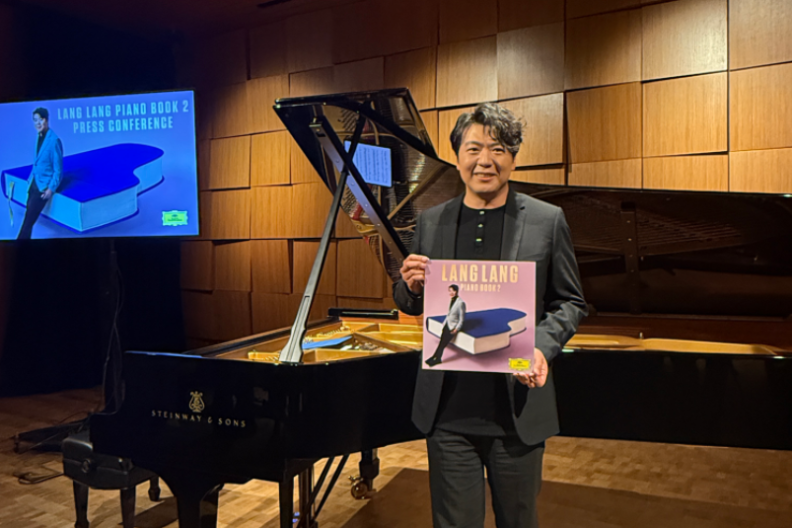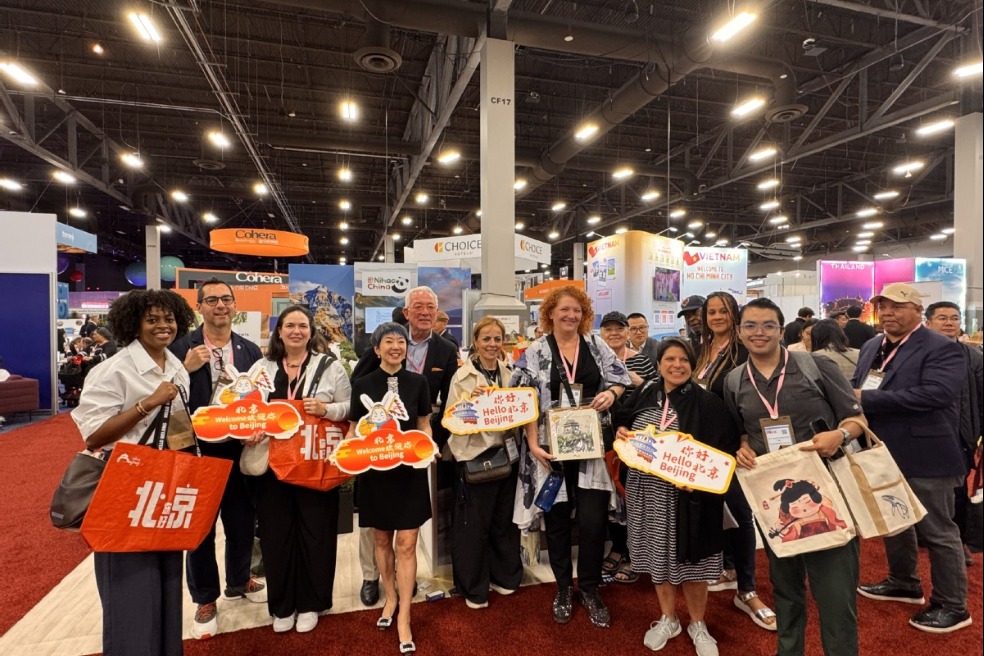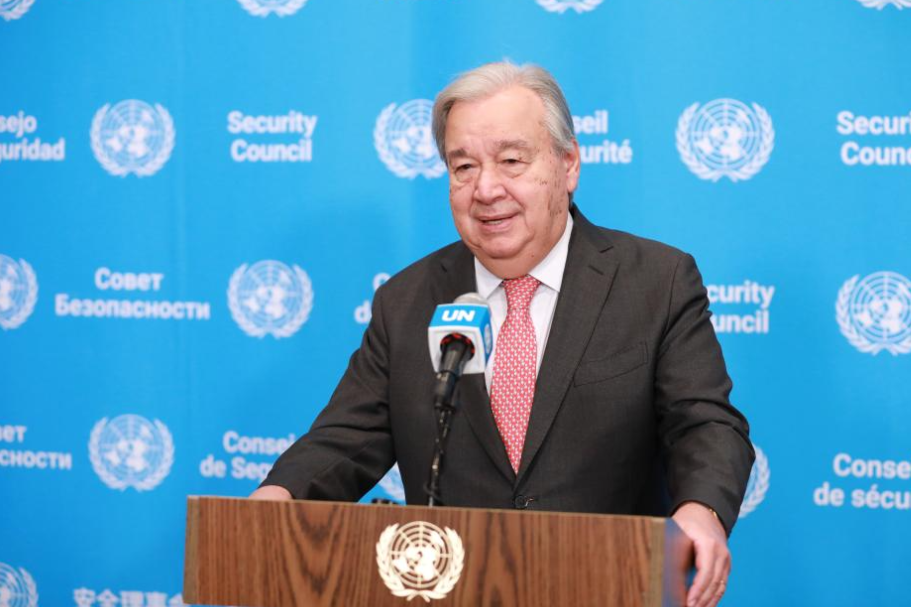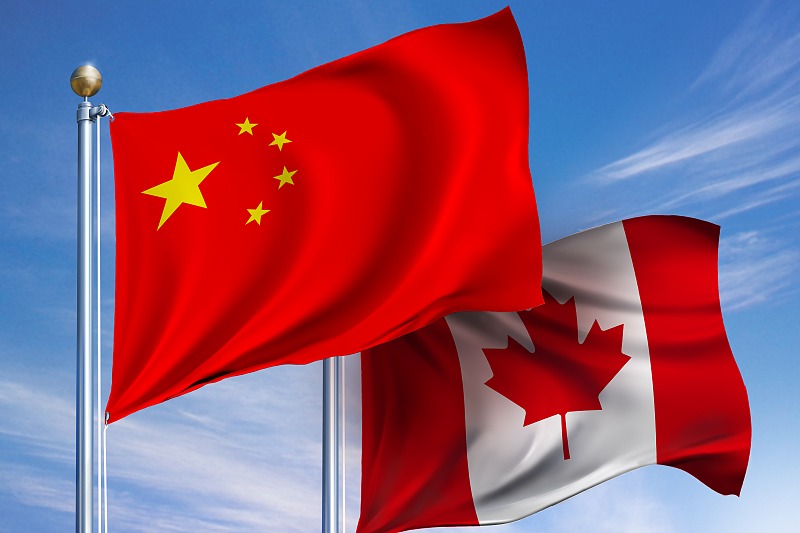Toy business is not a game
EU manufacturers feel US tariff pain but keep faith in China, Zheng Wanyin reports in London.

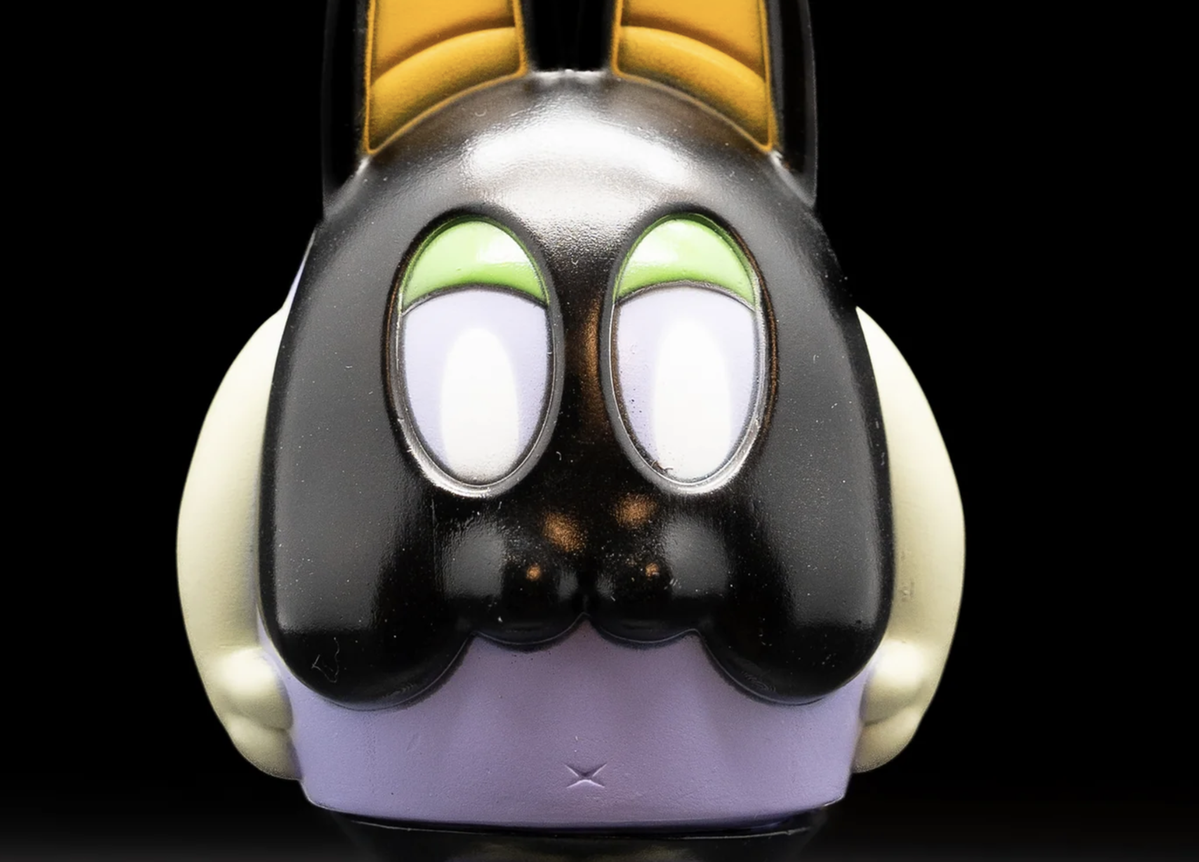
Tariff mess
For Martinez and many other small and medium-sized enterprises, or SMEs, that underpin the European toy industry, tariffs pose a serious setback, as the US administration imposed new or increased tariffs on imports from multiple countries, including the EU, as well as Southeast Asia countries like Indonesia and Vietnam, deemed emerging manufacturing hubs.
According to the EU's executive, the European Commission, 99 percent of EU toy manufacturing companies are SMEs, which account for 61 percent of employment in the EU's toy industry, providing more than 50,000 jobs.
Martinez's Art Fabula is taking a double hit, as its toy prototypes are produced in China, and the designs and painting process are completed in Europe.
The independent artist has relied heavily on US markets and Martinez said the EU market would not be an ideal alternative to off set losses because the sofubi toy culture is nonexistent in Europe.
"As artists, we have one foot in the business and one foot in bankruptcy," he said. "We do this because we love making this kind of art, but we're not as stable as bigger companies. Many of us will crumble if the market becomes unstable."
Even for bigger firms like Hape Toys, Handstein said they are not able to cope with the unpredictability of the back-and-forth moves: imposing tariff s, then revising rates or pausing them at some points.
It is believed that the US uses tariff as a tactic to revive US manufacturing, while Radhika Desai, a professor in the Department of Political Studies at the University of Manitoba in Canada, said the industry decline and outsourcing are more of a result of deliberate policy choices that the US had been aware of, and even happy about.
"Capital has been given the freedom to do whatever it likes," she said in an earlier interview with China Daily about the unveiling of the tariff s.
"What capital has chosen to do is, instead of sourcing goods that they want to sell to the American people from American companies that have higher labor costs, they have decided to source them from elsewhere… Instead of increasing productivity in other ways, which will allow capitalists to pay good American-level wages, they have preferred to have things produced by cheaper labor.
"That is what has caused the deindustrialization of the US. There have not been any countries cheating them."
Crucially, toys are usually aimed at children; therefore, both Baulch and Handstein highlighted that the goods are often only subject to minimal taxes.
Even during Trump's first term, when China was the main target of his tariff policies, toys were spared.
"What we're hoping is that politicians can come to an agreement, so we can get back to doing what we do best, which is selling toys and making kids happy," Baulch said.
















